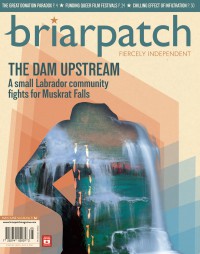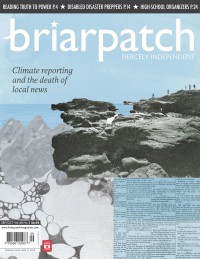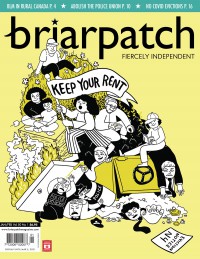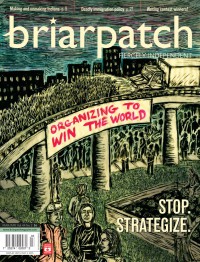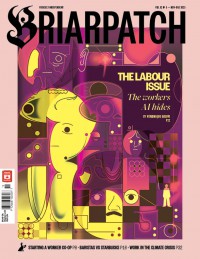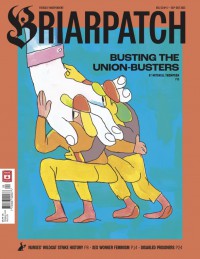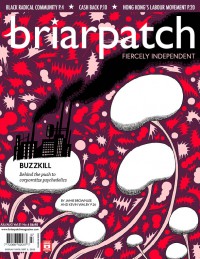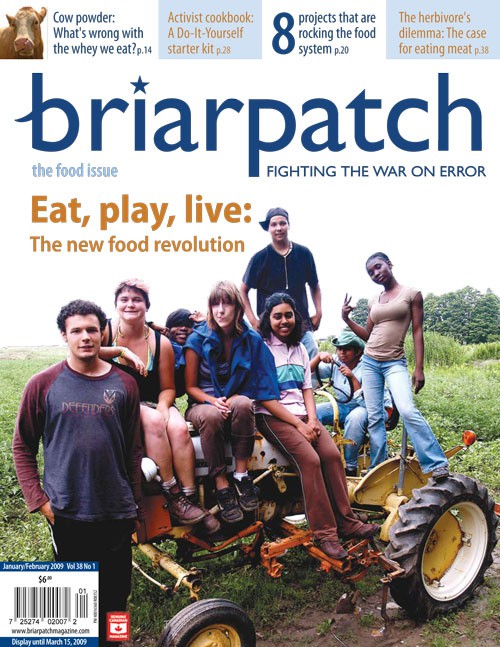
The new food revolution
There is perhaps no more politically charged issue today than food – how it is grown, who controls its processing and distribution, and who eats what — or who doesn’t eat at all. In our special issue focusing on food politics, Briarpatch casts a hopeful eye over the multitude of food activism initiatives springing up all around us.
-
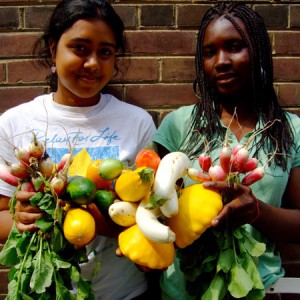 Magazine
MagazineLetter from the editor
From the outbreak of listeriosis in Canada to the eruption of food riots across the global south, from the eating of mud cakes in Haiti to stave off hunger pangs to the growing of Canadian crops to fuel our vehicles, there is perhaps no more politically charged issue today than food – how it is grown, who controls its processing and distribution and who eats what (or who doesn’t eat at all).
-
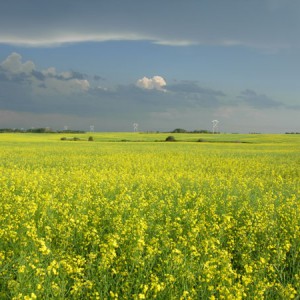 Magazine
MagazineFrom the world’s breadbasket to the empire’s fuel tank
In the first half of 2008, Parliament Hill was the scene of a heated battle over the future of agriculture in Canada. The victor’s spoils: Bill C-33, an Act that would amend the Canadian Environmental Protection Act to give the federal government the power to mandate five per cent ethanol content in gasoline and two per cent biodiesel in transportation and home heating fuel.
-
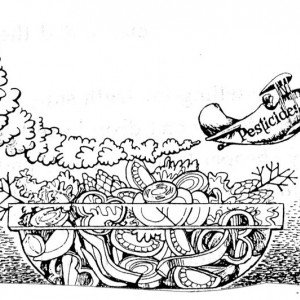 Magazine
MagazineThe small-print revolution
If you are like most people, you don’t wonder much about the foods you pick up at the supermarket. You trust that they’re as straightforward as meat and potatoes, and nothing you’re going to find on the labels is likely to change that.
-
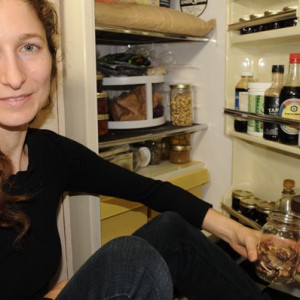 Magazine
MagazineThe activist cookbook
How to make five foods you thought you had to buy, how to can tomatoes, how to live without a fridge… and more!
-
 Magazine
MagazineGenetic modification “inherently unsafe”
Jeffrey M. Smith is the Executive Director of the Institute for Responsible Technology and is an international bestselling author on the health risks of genetically modified foods.
-
 Magazine
MagazineFeeding the world and cooling the planet
They numbered almost 650, from 86 countries and five continents, when they arrived in Maputo, the capital of Mozambique. They were delegates, support teams and special guests of the Fifth International Conference of La Vía Campesina, which took place from October 16 to 23, 2008. To reach Maputo, most of the delegates had made a considerable economic and human effort. Maputo is not a city you get to easily.
-
 Magazine
MagazineLearning from success
Being an activist has a way of teaching you how to lose gracefully. Or, at least, how to lose. In my activist career I’ve worked in many different campaigns on a diverse array of issues, but virtually every single campaign I’ve been involved in has been a losing battle, with the particular problems we were fighting against becoming measurably worse despite our efforts. There has been one exception: the movement to build local, ecologically sound food systems.
-
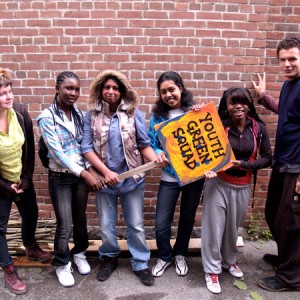 Magazine
MagazineEat, play, live
The origins of Food Not Bombs are somewhat mysterious: some report that a bake sale to benefit the Campaign for Nuclear Disarmament led activists to call for spending on food, rather than bombs; other stories mention a mock soup line being used as street theatre when demonstrators asked the First National Bank of Boston to stop investing in a nuclear power station.
-
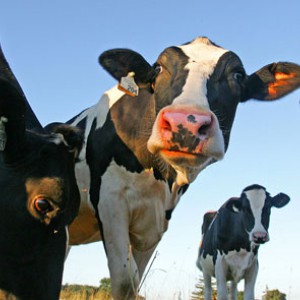 Magazine
MagazineCow powder
Raindrops slam against the windows of the little shop on Bay Street in Victoria. The glass is littered with white-lettered slogans boasting the lowest supplement prices in town. Inside I wipe my feet on the face of the store’s muscle-bound mascot, Popeye, who winks up at me from the doormat. The walls are lined with rows of rainbow tubs, all sealed and packed with supplement powders.
-
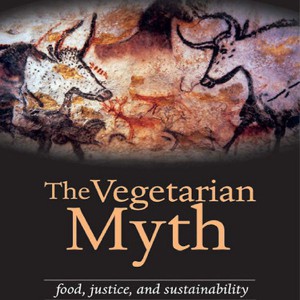 Magazine
MagazineThe herbivore’s dilemma
The Vegetarian Myth argues that strict vegetarianism is not the best diet for our health, for animals or for the planet. The stance is controversial in environmental and animal rights circles, but the subject matter is thoroughly explored, exhaustively researched and very persuasive. Keith is adamantly opposed to fast food and factory farming, but believes that strict vegetarianism isn’t the answer either, arguing instead for a sustainable food system based on mixed farming and a diet that includes moderate amounts of animal products.
-
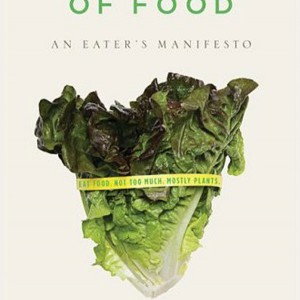 Magazine
MagazineChow now
Reading these three books was a humbling experience: Michael Pollan’s for his ability to bundle big ideas into digestible bites that would be easily remembered at the grocery store; Paul Roberts’ for his exacting detail about how nearly everything about the food system has gone so terribly wrong; and Wayne Roberts’ for the exciting thinking behind his policy suggestions on how to reorganize the food system.

